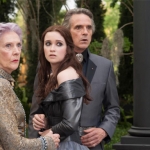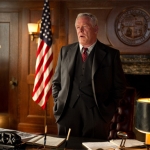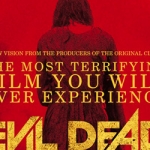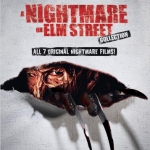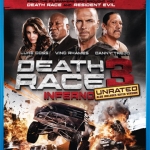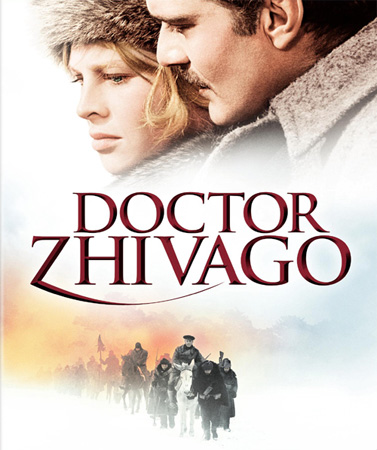
Review: Doctor Zhivago
Director: David Lean
Screenplay: Robert Bolt
Based on: Boris Pasternak’s Doctor Zhivago (1957)
Cast: Omar Sharif, Julie Christie, Geraldine Chaplin, Rod Steiger, Alec Guinness, Tom Courtenay
Rated: PG-13
There are quite a few films that I will admit to have seeing, that, in reality, I actually haven’t. You see, as a “critic” (notice the quotations), I at least try to make myself as knowledgeable in the film genre as possible. That, obviously, includes seeing as many movies as I can, past and present. Indeed, to be considered a viable assessor of all things cinematic, I have to be aware of not only what’s current and popular, but also the creations that paved the way for contemporary successes. Oh, how I wish I were that person. There are so many classics that I have missed out on, and I won’t begin to list them here. Of course, when asked “Ryan, remember that award-winner from the 1960s? You saw that, right? Great movie, huh?” I will lie through my teeth, replying with, “Oh, yeah, of course!”
Before last week, Doctor Zhivago was one of those films.
Okay, maybe I was a bit harsh on myself. Yes, I have seen many classics, but, until just recently, Zhivago wasn’t on that list. Do I regret having waited so long? Not really. Was Zhivago the model of masterful filmmaking and epic storytelling that so many had promised? Erm… not so much. But Doctor Zhivago was a gift to watch.

No, really, it was. A gift from Warner Brothers to Jason, Fandomania’s managing editor, in fact. In time, I was forwarded their email, containing not only fun writing but also a link labeled “Redeem Now” that, evidently, I was to click in order to download the film. Once clicked, a new tab was opened that alerted me of an imminent application launch. I was getting giddy with excitement. iTunes began to load, and, soon after, directed me to a page with the following:
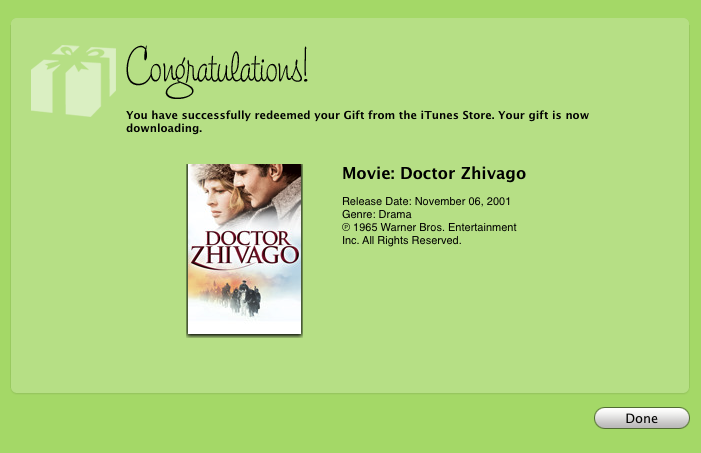
Sure enough, Doctor Zhivago had been cued up in my Downloads list and files were transferring to my computer at an acceptable rate.

It was a wonderfully simple and streamlined process, and, in just two hours, the high-definition movie had been downloaded and was ready to watch.
And watch I did, having to set aside a considerable amount of time in the first place. It should be noted that Doctor Zhivago is an extremely long film, and, at about 200 minutes, its length alone could grant it its classification of an epic. When it was released in the ’60s, critics responded negatively to its nearly 4-hour duration, and director David Lean felt it necessary to remove about 20 minutes from the original cut. But, even with these edits, Doctor Zhivago sure is tedious. Plagued by both poor pacing and unnecessary elements, it moves from one scene to the next with little sense of urgency or purpose. Even the out-of-place and frequent crossfades seem to occur lazily, turning even transitions from one scene to the next into a chore.
That’s never a good trait to attribute to a film. One should never feel force-fed a piece of entertainment, and should be able to watch something both for its meaning and ability to grab its audience. While I more than understood and appreciated Doctor Zhivago‘s purpose, that doesn’t necessarily mean I was overly interested in it.
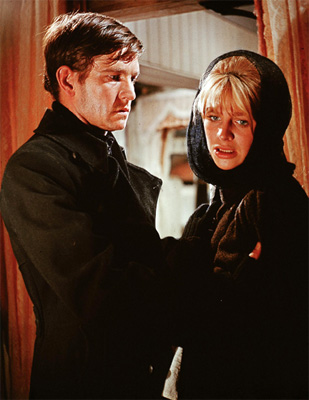 I perhaps sound a bit harsh here. Some may think me a whiny writer from a newer generation that doesn’t appreciate Doctor Zhivago because of the colorful, fast-paced and often ostentatious cinematic offerings I’ve grown up with. That, on some levels, may be partly true, but, before I even pressed play, I made a point not to evaluate the film against my hindsight and today’s standards. Instead, even though I wasn’t around for the film’s release in the ’60s, I made every attempt to consider it as a product of its time period. While I still came away unimpressed, I managed to value Doctor Zhivago for its bold ways and meticulous production values. David Lean was a perfectionist, and as such, the film’s set pieces and environments oozed with an acute attention to detail. The landscapes, particularly those shown to accompany a train facilitating Yuri’s escape from Moscow, are gorgeous and well-scouted. On the reverse, the locomotive that speeds across the plains is aptly gritty and realistically depicted, and the sense of claustrophobia inside is palpable.
I perhaps sound a bit harsh here. Some may think me a whiny writer from a newer generation that doesn’t appreciate Doctor Zhivago because of the colorful, fast-paced and often ostentatious cinematic offerings I’ve grown up with. That, on some levels, may be partly true, but, before I even pressed play, I made a point not to evaluate the film against my hindsight and today’s standards. Instead, even though I wasn’t around for the film’s release in the ’60s, I made every attempt to consider it as a product of its time period. While I still came away unimpressed, I managed to value Doctor Zhivago for its bold ways and meticulous production values. David Lean was a perfectionist, and as such, the film’s set pieces and environments oozed with an acute attention to detail. The landscapes, particularly those shown to accompany a train facilitating Yuri’s escape from Moscow, are gorgeous and well-scouted. On the reverse, the locomotive that speeds across the plains is aptly gritty and realistically depicted, and the sense of claustrophobia inside is palpable.
But, alas, that train was the only thing in the film that moved at an understandable pace.
It’s disappointing that Doctor Zhivago‘s central theme is so poorly illustrated. Based on Boris Pasternak’s critically-acclaimed novel of the same name, Doctor Zhivago tells the story of Yuri Zhivago, a man whose already complex life is battered by the ills of a unstable era. As it so happens, he’s also torn between two women: one his wife, and the other, a woman he meets by pure coincidence. Of course, Lara, Yuri’s secret lover, also finds herself at the beck and call of two men, one of whom is attending to two mistresses. Because of this bewildering focus on infidelity and the consequences that arise from these choices, the film’s underlying meaning, once found, is never rewarding. After all, why should I feel for characters that make stupid decisions and abrupt, incomprehensible personality changes? The lack of logic at some points is astounding.
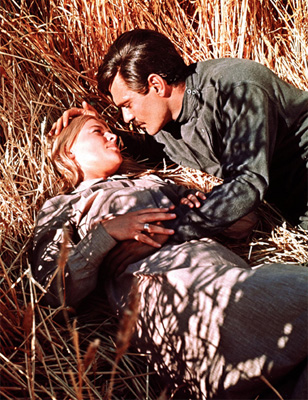 Granted, not all of the doctor’s bad luck is his fault. Rather, at many instances throughout the film, his platter of misfortunes is served by none other than the Soviet Union. Using the Russian Revolution as sort of a political backdrop, the events of Doctor Zhivago are in direct reference to Russia’s political unrest in the early 1900s. Brief scenes show revolutionaries fighting to destroy Russia’s autocracy, and, as well, the aftermath of the movement is given a place in the film, allowing the institution of the Soviet Union and its contradictory ways to emerge as a prominent theme. Radicals and radical views are silenced, and any action that defies or mocks communism is considered rebellion. It’s a drab, cliché and unoriginal take on the political shift, but serves to give the film some sense of periodical and historical relevance.
Granted, not all of the doctor’s bad luck is his fault. Rather, at many instances throughout the film, his platter of misfortunes is served by none other than the Soviet Union. Using the Russian Revolution as sort of a political backdrop, the events of Doctor Zhivago are in direct reference to Russia’s political unrest in the early 1900s. Brief scenes show revolutionaries fighting to destroy Russia’s autocracy, and, as well, the aftermath of the movement is given a place in the film, allowing the institution of the Soviet Union and its contradictory ways to emerge as a prominent theme. Radicals and radical views are silenced, and any action that defies or mocks communism is considered rebellion. It’s a drab, cliché and unoriginal take on the political shift, but serves to give the film some sense of periodical and historical relevance.
But that all, in respect to the rest of the epic, doesn’t really matter. Doctor Zhivago‘s story progresses as a result of its characters and their interactions with one another; communism and politics prove only a distraction for those that lead the plot. And, thankfully, the acting of the figureheads is strong enough, with Omar Sharif and Julie Christie delivering performances that suit their purposes. Unfortunately, it’s hard to care about the two’s awkward romance. The doctor and Lara are idealists, searching for a world where their love can be peaceful and uninterrupted by the tides of civil turmoil. Their banter, cute though decidedly repetitive, continues until Zhivago‘s final moments, a pathetic and rushed chain of events that bring the film to sloppy close. In some ways, I was insulted by the ending. To think that I had sat through more than three hours of a slobbery romance only to be handed a tacked-on and weakly-executed finale is almost maddening.
For something that had been promised an unforgettable classic, I walked away from my marathon-viewing of Doctor Zhivago slightly disappointed, though heavily critical. I felt I had to be. As a film that had established itself so highly in the eyes of movie aficionados, I was expecting more. A lot more, in fact. Sure, it’s a visually beautiful spectacle that almost perfectly articulates its sense of scale, but the lifeless characters don’t carry the film. Instead, they drag it.
But hey, at least I don’t have to lie about seeing it anymore.
Rating: 2.5 / 5 Stars


